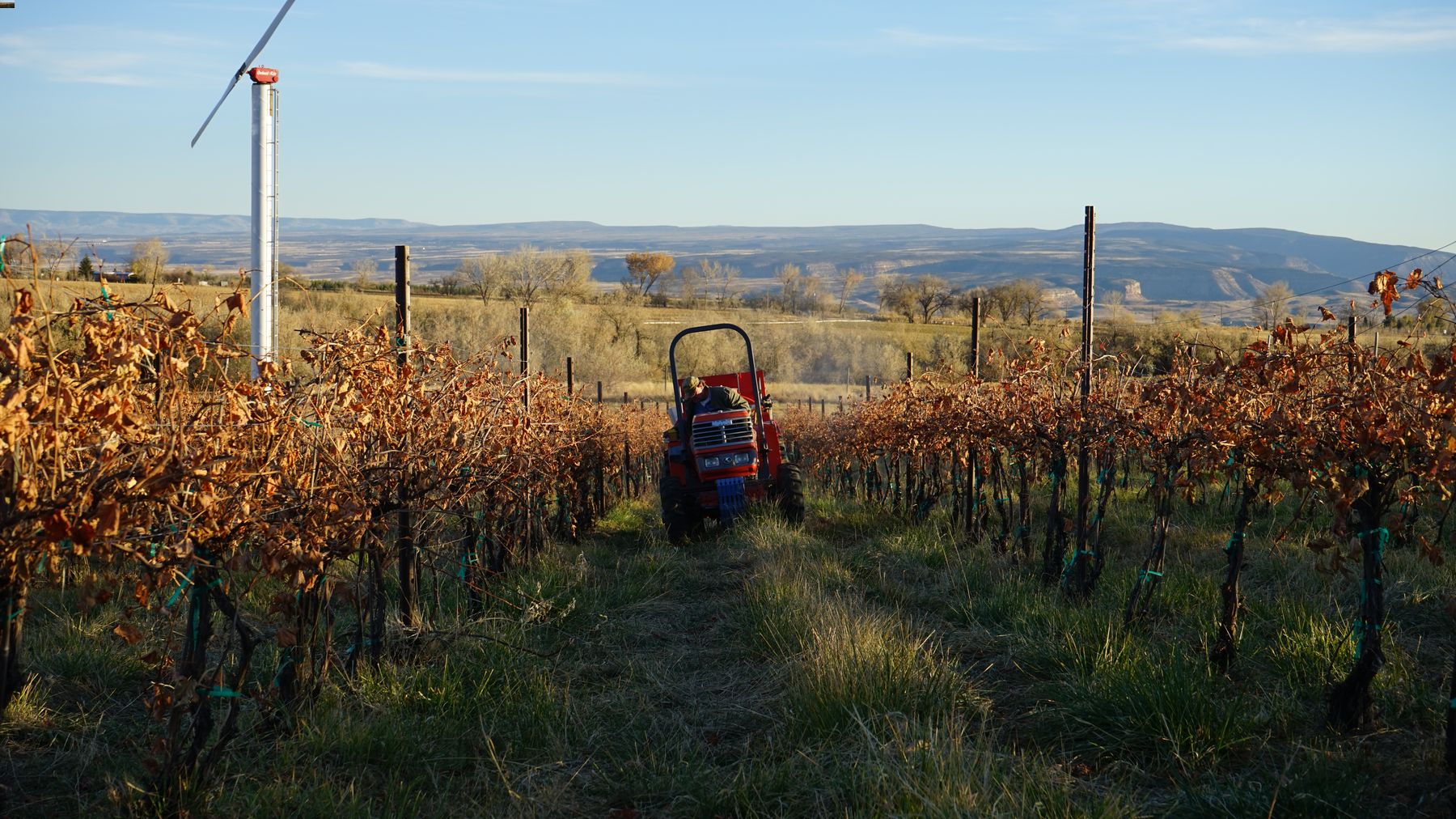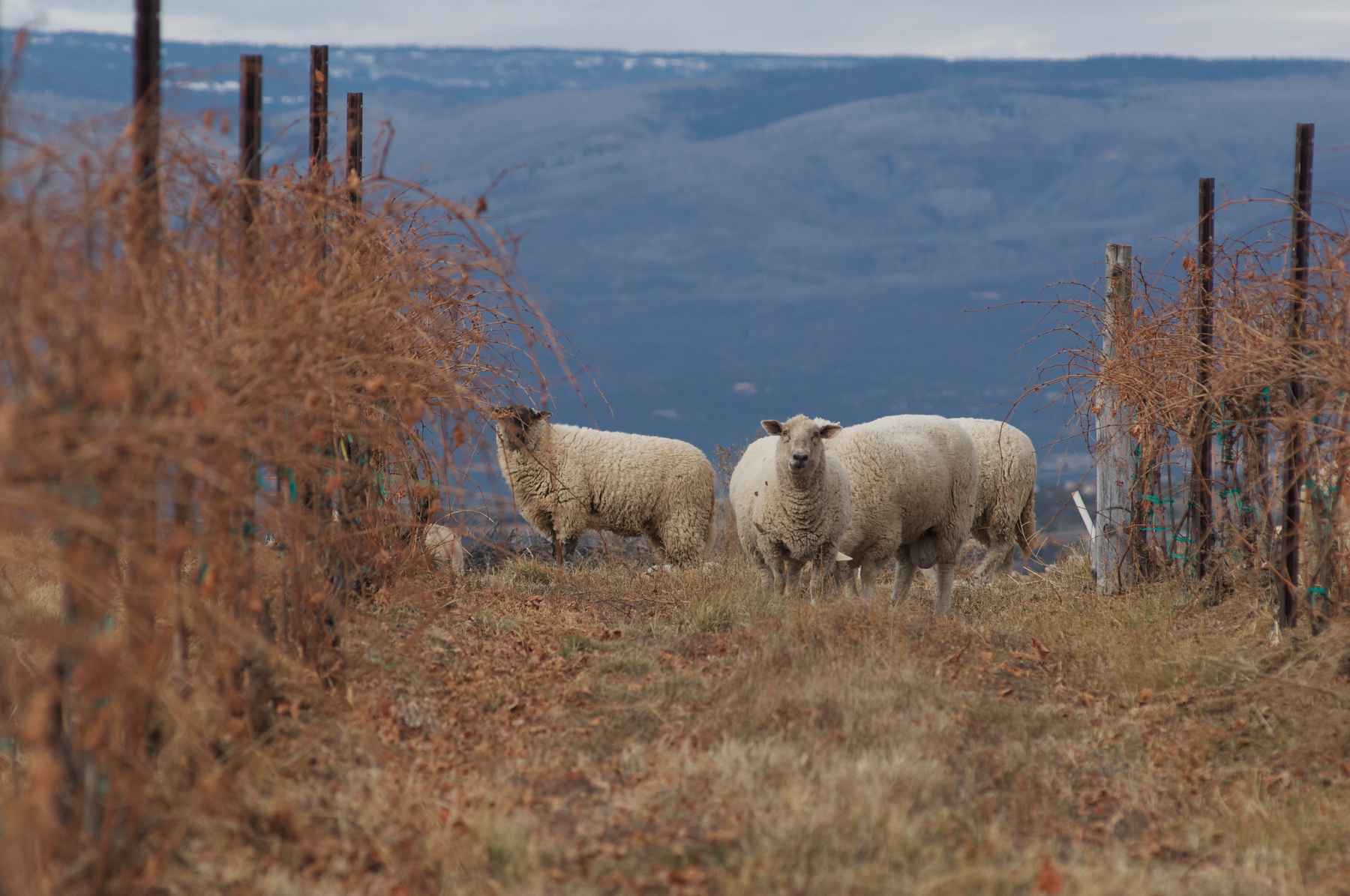That’s Some Good S!#%: Biodynamic Farming at One Colorado Vineyard
Dek goes here…

Lance Hanson, founder of Jack Rabbit Hill Farm in Hotchkiss, believes more winemakers should operate animal-powered vineyards: “Biodynamic farming is a regenerative farming standard that was founded in 1924 in southern Germany by Rudolf Steiner,” says Hanson. “One of the cornerstones of a biodynamic farm is the presence of livestock. On-farm livestock manure is essential for making biodynamic preparations, which are special compost starters that are added to fermenting compost piles or sprayed as teas in the vineyards.” According to Hanson, using these “biodynamic preps” results in a diverse microbiome of fungi, bacteria, acids, and protozoa that naturally support plant nutrition and improve pest tolerance. “They are like a whole food diet for the vines rather than the junk food of concentrated conventional or organic fertilizers,” he continues. “As a result, we think the grapes and wines are more lively and expressive with more complexity on the nose and palate. We think you can really taste the difference.”

Talk to us! Email your experiences (and thoughts, opinions, and questions—anything, really) to askus@diningout.com.
